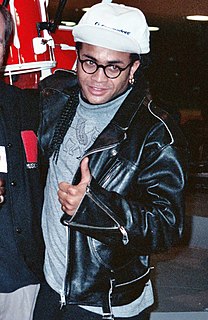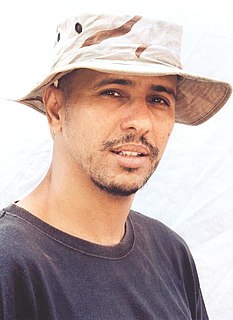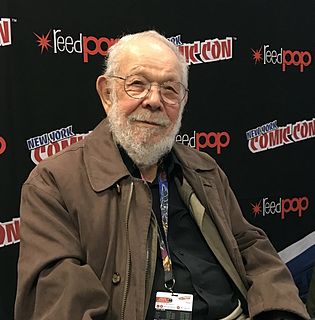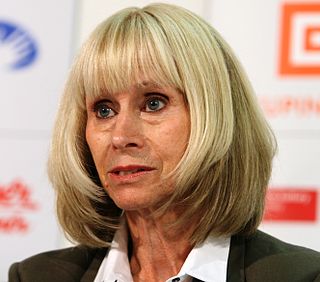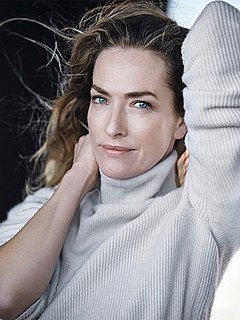A Quote by Rob Pilatus
Boney M. were not allowed to do interviews, they were not allowed to choose their costumes. They looked like slaves, and this was the producer's take.
Related Quotes
My father raised us like... we were not allowed to see people in any sort of colors, but also we were not allowed to call people fat. If ever we were to say, 'Oh that fat person, or this person,' he would make us put a bar of soap in our mouth and count to 10. We weren't allowed to look at people like that.
My father raised us like … we were not allowed to see people in any sort of colors, but also we were not allowed to call people fat. If ever we were to say, ‘Oh that fat person, or this person,’ he would make us put a bar of soap in our mouth and count to 10. We weren’t allowed to look at people like that.
It doesn't take a brilliant mind to notice that adults are telling you what to do and then they do the opposite. I mean, I can't recall every stupid thing that adults were doing when I was six or seven. Some of it was the religious restrictions, where there were certain things that you were allowed to do and certain things that you weren't allowed to do, and I couldn't make sense of those things.
My religious upbringing was comically strict — even the Dirt Devil vacuum cleaner was banned. In our house, no one was allowed to refer to deviled eggs. We had to call them angelic eggs. We were never allowed to swear. I'd get into trouble just for saying 'Hell no'. If you dropped a hammer on your toe in our house you had to say something like 'Jiminy Christmas'. The only music we were allowed to listen to was gospel. No wonder I rebelled.
I think that my stance on having people come in to this country that we have no idea who they are and in certain cases you will have radical Islamic terrorism. I'm not going to have it in this country. I'm not going to let what happened to France and other places happen here. We have hundreds of thousands of people that have been allowed into our country that should not be here. They shouldn't be here. They have no documentation and they were allowed under the previous administrations, they were allowed into our country. It's a big mistake.
There can be no more ancient and traditional American value than ignorance. English-only speakers brought it with them to this country three centuries ago, and they quickly imposed it on the Africans--who were not allowed to learn to read and write--and on the Native Americans, who were simply not allowed.
From 13, I knew my family was different to anybody else's. You weren't allowed to talk back at your parents or look at them funny. You weren't allowed to leave food on your plate, you weren't allowed to keep the change when you went shopping. There were a lot of rules growing up; but I don't see anything wrong with that.
The Fourteenth Amendment, after the civil war, in principle brought former slaves into the category of persons, theoretically. But if you actually look, almost all the cases brought up for personal rights under the Fourteenth Amendment were by corporations. Freed slaves couldn't do it. In fact they were pretty much driven back into something like slavery by a north - south compact, that allowed former slave states to criminalize black life, which made a criminal force that was basically used as a forced labor force, up until the 1930s.
